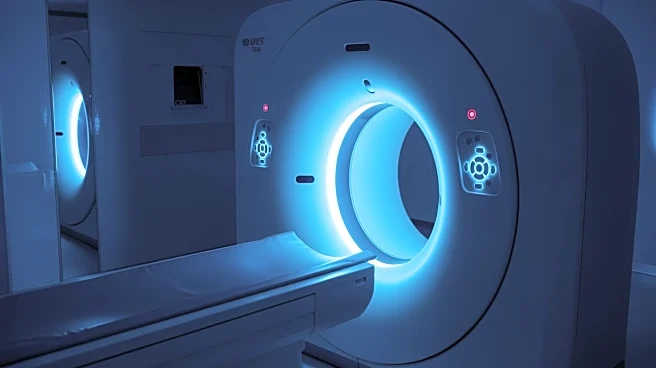Rapid Read • 6 min read
Astrophysicists have proposed the existence of 'dark dwarfs,' star-like objects powered by dark matter rather than nuclear fusion. These objects may exist near the center of the Milky Way, glowing eternally by annihilating dark matter particles. The concept suggests that dark matter could be trapped inside young stars, transforming them into stable, long-lived entities.
The discovery of dark dwarfs could provide crucial insights into the nature of dark matter, a substance that remains one of the universe's greatest mysteries. Understanding how dark matter interacts with stars could lead to breakthroughs in identifying its properties and role in cosmic evolution.
AD
Researchers aim to detect dark dwarfs using advanced telescopes like the James Webb Space Telescope, focusing on regions with dense dark matter concentrations. Identifying these objects could validate the theoretical models and offer new avenues for studying dark matter.
The study challenges traditional notions of star formation and energy generation, suggesting alternative mechanisms driven by dark matter. It also highlights the potential for dark matter to influence stellar evolution and the lifecycle of cosmic objects.
AD
More Stories You Might Enjoy










